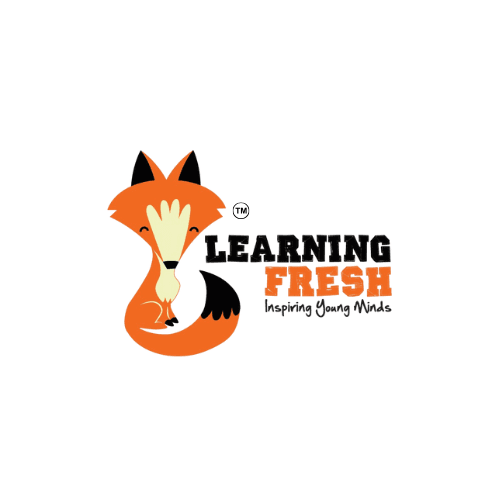Debunking Common Education Myths: What Really Matters for Student Success
Understanding the Reality of Education Myths
In the realm of education, myths and misconceptions often shape perceptions about what constitutes effective learning and student success. These myths can influence educational policies, teaching methods, and even parental choices. It's crucial to debunk these myths to focus on what truly matters for student success.

Myth 1: Standardized Tests Are the Ultimate Measure of Success
One of the most pervasive myths is that standardized tests are the definitive measure of a student's capabilities and future success. While these tests are designed to provide a baseline evaluation of student performance, they often fail to capture individual talents, creativity, and critical thinking skills. Overemphasizing standardized testing can lead to a narrow focus on test preparation rather than fostering a love for learning.
Educators and parents should instead prioritize a holistic approach to assessment, which includes diverse evaluation methods such as project-based learning, collaborative tasks, and personal reflection. These methods can provide a more comprehensive picture of a student's abilities and help cultivate essential skills for the future.
Myth 2: More Homework Equals Better Learning
Many believe that a heavy homework load is synonymous with rigorous education and better learning outcomes. However, research suggests that excessive homework can lead to burnout, stress, and diminished interest in learning, particularly in younger students. Quality should always triumph over quantity when it comes to homework assignments.

Effective homework should reinforce classroom learning while encouraging independent thinking and problem-solving. Ideally, assignments should be meaningful, relevant, and tailored to individual student needs to maintain engagement and facilitate deeper understanding.
Myth 3: Intelligence Is Fixed
The notion that intelligence is a fixed trait is another common misconception that can significantly impact student motivation and self-esteem. In reality, intelligence is malleable and can be developed through effort, persistence, and effective learning strategies. This growth mindset is essential for fostering resilience and a lifelong love of learning.
Encouraging students to embrace challenges, learn from mistakes, and persist through difficulties can greatly enhance their academic achievements. Schools and educators play a vital role in creating environments that support this mindset through positive reinforcement and personalized learning experiences.

Myth 4: Technology in the Classroom Is Distracting
With the rapid advancement of technology, there's a common belief that digital devices in the classroom are more distracting than beneficial. However, when used effectively, technology can be a powerful tool for enhancing learning experiences. It offers access to a wealth of information, facilitates interactive learning, and can be tailored to individual learning styles.
The key is in the thoughtful integration of technology into the curriculum. Educators should focus on using digital tools to complement traditional teaching methods, providing students with opportunities to engage actively with content and develop essential digital literacy skills.
Focusing on What Truly Matters
Debunking these common education myths allows us to shift our focus towards practices that genuinely contribute to student success. By valuing diverse assessment methods, promoting a growth mindset, balancing homework loads, and integrating technology thoughtfully, we can create learning environments that nurture every student's potential.
Ultimately, the goal of education should be to inspire curiosity, foster resilience, and equip students with the skills they need to thrive in an ever-changing world. By challenging outdated beliefs and embracing innovative approaches, we lay the groundwork for future generations to succeed both academically and personally.
